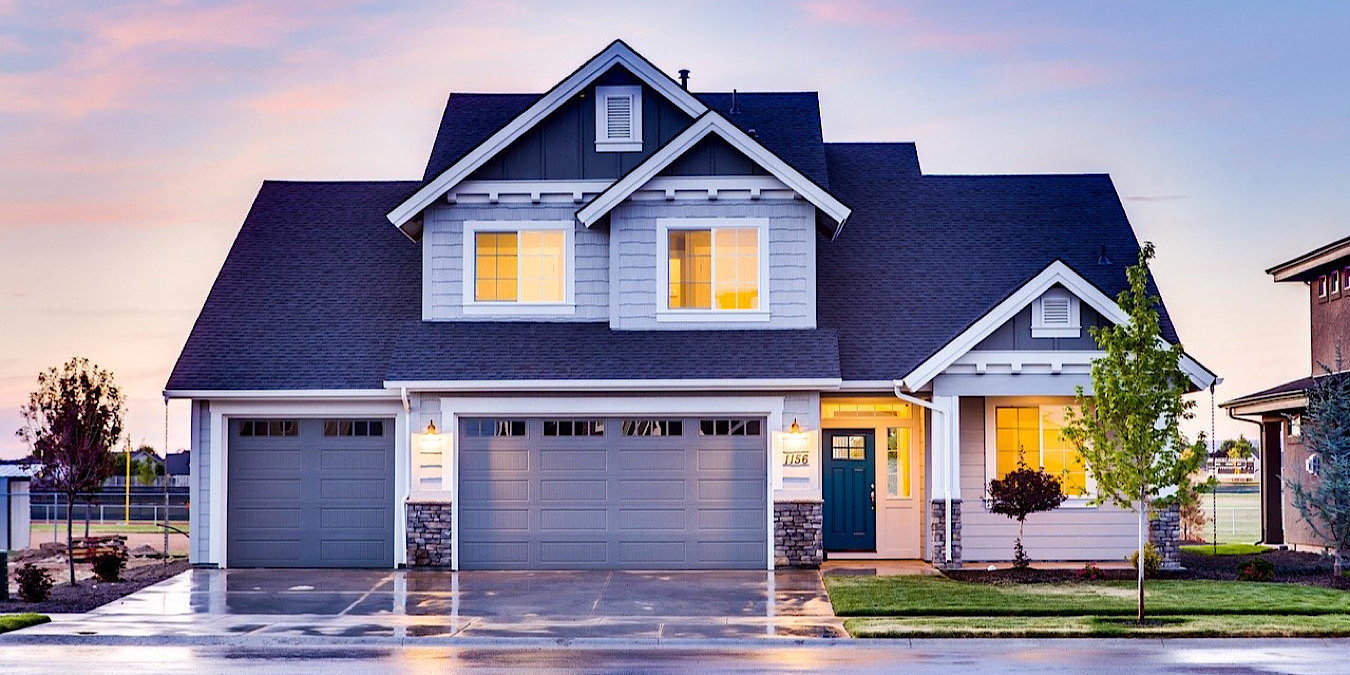
We talk often about smart home products, but what about entire smart buildings? Why limit ourselves to filling our homes or work venues with smart devices? Why not just make the entire building connected to begin with?
The idea of smart buildings is so young that there is still no absolute definition of what they would be. But one possible idea is for smart buildings to have occupant-centric control (OCC). This would mean the building is gathering data on the people inside for comfort, control, and energy efficiency.
OCC Studies
Everything in a smart building with OCC would be controlled by a central system that gathers information, such as the patterns of occupancy, how lights are used, and the adjustments in temperature. Think of how this could affect everything from comfort level to time savings to cost savings.
All we have to examine this possibility, though, is case studies of OCC research, as surprisingly, no one has built such a structure yet and implemented the Internet of Things in such a way.
Mohamed Ouf, an assistant professor in the Department of Building, Civil and Environmental Engineering at the Gina Cody School of Engineering and Computer Science, co-wrote a paper with June Young Park at the University of Texas at Austin and other colleagues at Carleton University, ETH Zürich, and the University of Southern Denmark examining how to move forward with this technology.
“We scanned literature for relevant work that has been done on this topic and analyzed its different attributes in detail,” said Ouf. “We realized that very few researchers have been able to actually implement these control approaches in real buildings for many logistical reasons.”

The assistant professor is also part of a team that is trying to create solutions to more sustainable, accessible, and inclusive urban spaces. The team was officially introduced on November 12 at Concordia’s 4th Space.
There isn’t much research into OCC yet, as Ouf and the others have determined. While they did find 120 publications on it, only one-third of the studies included implemented field testing, with most of the studies being conceptual or simulations, and mostly all of them were geared toward North America or Europe and towards schools and office buildings.
And again, it’s so new that there isn’t even a widely-accepted definition of what OCC is. Further, with no field implementation, it means the technology, alongside privacy issues, still needs to be addressed.
Yet, despite all this, Ouf is still optimistic about the future of this ideal: “This whole niche of occupant-centric controls is still very new and provides exciting opportunities to combine advancements in data science and artificial intelligence with building engineering.”
“He indicated he is setting up a lab at Concordia to examine OCC in a real environment. “We will have four offices that are heavily instrumentalized with sensors and actuators to analyze occupant comfort and interactions with building systems. We will also develop new control algorithms with the goal of improving energy efficiency as well as comfort.”
The Future of OCC and Smart Buildings
What’s most exciting about this technology, though, is that it is untested and so little known about it that it could go in any direction at this point. What adds to the excitement is how quickly it could all happen, with a nod to how fast technology is usually developed. There could be a smart building going up on the corner near you tomorrow.
What are your ideas for OCC and smart buildings? What do you envision for this technology? Share your thoughts and concerns in the comments below.







